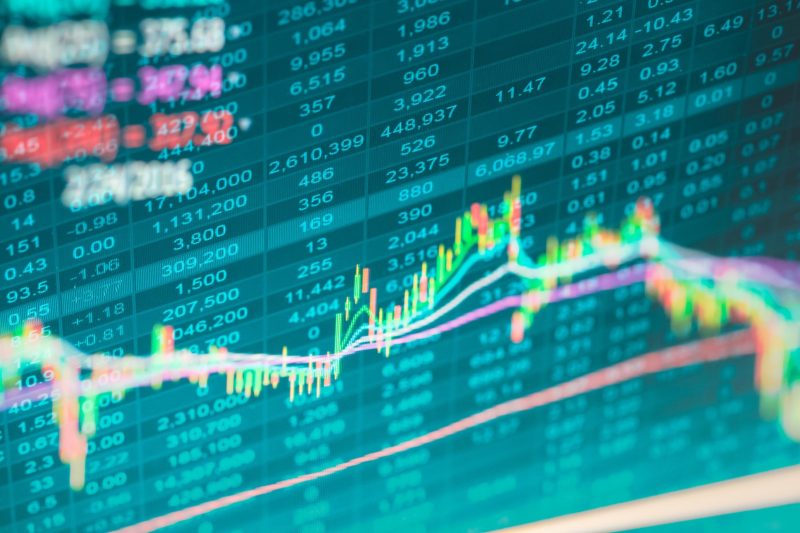Asia-Pacific markets opened mixed on Monday, reflecting lingering volatility from a turbulent global trading week.
Investors remained on edge as US tariff policies under President Donald Trump continued to inject uncertainty into financial markets.
At the same time, fresh economic data from China and Japan added further complexity to the regional outlook.
Japan’s benchmark Nikkei 225 increased 0.24% in choppy trade, while the broader Topix index slipped 0.26%, reversing earlier gains.
Meanwhile, Japan’s 10-year government bond yield hit a fresh multi-year high, adding pressure on policymakers amid concerns over rising inflation.
Data showed that Japan’s cash earnings climbed 2.8% year-on-year in January, cooling from December’s 4.4% rise.
In South Korea, the Kospi index gained 0.47%, while the small-cap Kosdaq advanced 0.53%.
Australia’s S&P/ASX 200 rose 0.24% in its final trading hour after closing at a six-month high in the previous session.
China’s stock markets faced losses, with Hong Kong’s Hang Seng Index dropping 2.11% and the mainland’s CSI 300 falling 0.83%.
Over the weekend, China’s consumer inflation fell below zero for the first time in 13 months, signaling deflationary risks.
The consumer price index (CPI) declined 0.7% year-on-year in February, reversing from a 0.5% gain in the prior month, according to data from the National Bureau of Statistics.
Further rattling sentiment, Beijing imposed retaliatory tariffs on Canadian agricultural goods after Ottawa levied duties on Chinese-made electric vehicles, steel, and aluminum products last year.
China announced a 100% tariff on Canadian rapeseed oil, oil cakes, and peas, alongside a 25% duty on aquatic products and pork.
In response, China’s Zhengzhou rapeseed meal futures surged over 5% on Monday, reflecting market concerns over supply disruptions.
India’s benchmark indices opened higher, with the Nifty 50 rising 0.32% and the BSE Sensex climbing 0.43%, tracking positive momentum from Wall Street’s Friday rebound.
The S&P 500 rose 0.55%, the Nasdaq Composite gained 0.7%, and the Dow Jones Industrial Average added 222.64 points, or 0.52%.
Meanwhile, South Korean steelmakers felt the heat ahead of fresh US tariffs on steel imports.
Hyundai Steel shares plunged as much as 8.79% on Monday, with industry reports highlighting concerns over excess Chinese steel supply and a slowdown in South Korea’s construction sector.
The company has reportedly begun offering voluntary layoffs to technical workers to mitigate financial strain.
In the cryptocurrency market, Bitcoin extended its decline, plunging over 7% to $80,142.75.
The drop followed President Trump’s executive order establishing a strategic bitcoin reserve under the US Treasury Department.
The move, which mandates a full audit of federal digital asset holdings, cements bitcoin as a long-term strategic asset while prohibiting sales from the government’s estimated 200,000 bitcoin stockpile.
Japan’s real cash earnings fell 1.8% year-on-year in January, marking the sharpest decline since February 2024.
While rising cash earnings theoretically support the Bank of Japan’s goal of fueling a wage-price cycle, the real wage drop underscores persistent inflationary challenges.
The post Asia-Pacific markets mixed as Japan’s bond yield hits fresh high, China inflation dips appeared first on Invezz


